On Wednesday, April 24, Brookings Economic Studies program gathered to celebrate eight Emeritus scholars and honor their years of scholarship and their role in building Brookings’ legacy of impactful and independent policy research. See highlights from the event and the scholars’ Brookings research highlights below.
Henry Aaron
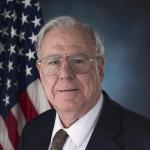 Henry Aaron joined the Brookings Institution in 1968 and has remained involved with the Economic Studies program since, serving as the program’s director from 1990-1996. Among many government and academic positions, he has served as a member of the Social Security Advisory Board, a member of the Congressional Budget Office’s Panel of Economic Advisors and Panel of Health Advisors, and Assistant Secretary for Planning and Evaluation at the Department of Health, Education, and Welfare.
Henry Aaron joined the Brookings Institution in 1968 and has remained involved with the Economic Studies program since, serving as the program’s director from 1990-1996. Among many government and academic positions, he has served as a member of the Social Security Advisory Board, a member of the Congressional Budget Office’s Panel of Economic Advisors and Panel of Health Advisors, and Assistant Secretary for Planning and Evaluation at the Department of Health, Education, and Welfare.
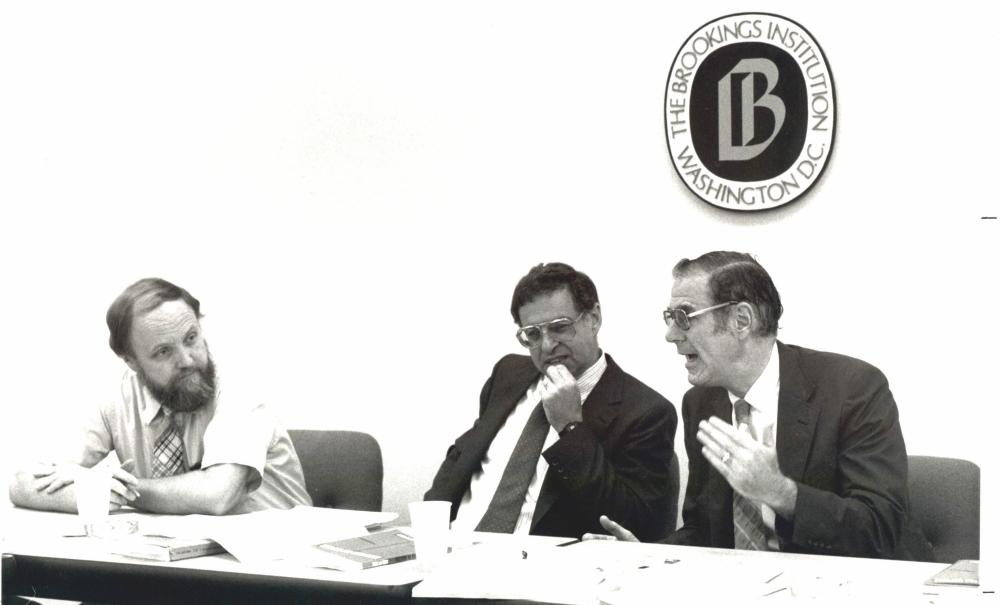
“Hank has always been an inspiration to me, I admire not only the ability to use theory, not only the solid empirical work, not only the rigorous application of evidence and the willingness to take things where they go, but in particular the passion he brings to the work, and I’ve always tried to emulate that in my own work.”
William Gale
Co-director, Urban-Brookings
Tax Policy Center
Highlights of Aaron's work at Brookings




Martin Neil Baily
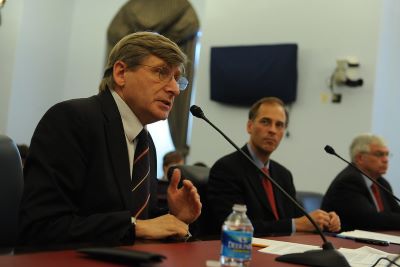
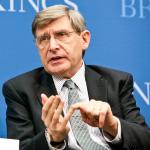 Martin Neil Baily first came to Brookings as a senior fellow in Economic Studies in 1979, staying on for over a decade before leaving in 1989 to teach economics at the University of Maryland. He then did two stints on the President’s Council of Economic Advisors under Bill Clinton, during the second of which he served as chair of the council. Following several positions in the academic and private sectors, he returned to Brookings in 2007.
Martin Neil Baily first came to Brookings as a senior fellow in Economic Studies in 1979, staying on for over a decade before leaving in 1989 to teach economics at the University of Maryland. He then did two stints on the President’s Council of Economic Advisors under Bill Clinton, during the second of which he served as chair of the council. Following several positions in the academic and private sectors, he returned to Brookings in 2007.
“In short, Martin has had a remarkable influence over economics and policy during his storied career. But it’s not so much what Martin achieved but rather how he achieved his many accomplishments that stands out to me. Martin has been a beacon of grace, integrity, and class in a town that sometimes desperately lacks these qualities.”
Ben Harris
Director, Economic Studies
Vice President, Brookings
Highlights of Baily's work at Brookings




Barry Bosworth
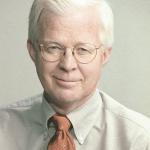 After serving as a staff economist on the President’s Council of Economic Advisors, Barry Bosworth started at Brookings as a research associate in 1971. He went on to serve as the director of the Council on Wage and Price Stability in the Carter administration before returning to Brookings as a senior fellow in 1979. He has since served on a number of advisory councils, including for the Bureau of Economic Analysis and the Technical Panel on Assumptions and Methods of the Social Security Advisory Board.
After serving as a staff economist on the President’s Council of Economic Advisors, Barry Bosworth started at Brookings as a research associate in 1971. He went on to serve as the director of the Council on Wage and Price Stability in the Carter administration before returning to Brookings as a senior fellow in 1979. He has since served on a number of advisory councils, including for the Bureau of Economic Analysis and the Technical Panel on Assumptions and Methods of the Social Security Advisory Board.
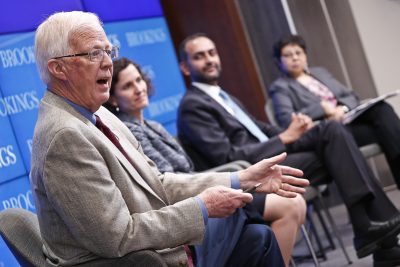
“Barry’s approach to research and policy has had a tremendous impact on the generations of Brookings [research assistants] and associated scholars who were lucky enough to find themselves in his orbit, especially early in their careers, and I was lucky enough to be one of those researchers.”
John Sabelhaus
Visiting Fellow
Urban-Brookings Tax Policy Center
Highlights of Bosworth's work at Brookings




Ralph C. Bryant
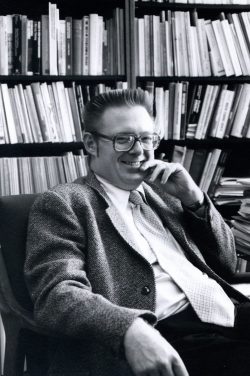
 Ralph Bryant joined Brookings as a senior fellow in 1976 after working at the Federal Reserve Board as director of the division of international finance and lead international economist for the Federal Open Market Committee. He has since served as a consultant to various government institutions and NGOs including the Congressional Budget Office, Federal Reserve, International Monetary Fund, U.S. Treasury, and World Bank. He has also held numerous international fellowships, including in England, New Zealand, Japan, and Singapore.
Ralph Bryant joined Brookings as a senior fellow in 1976 after working at the Federal Reserve Board as director of the division of international finance and lead international economist for the Federal Open Market Committee. He has since served as a consultant to various government institutions and NGOs including the Congressional Budget Office, Federal Reserve, International Monetary Fund, U.S. Treasury, and World Bank. He has also held numerous international fellowships, including in England, New Zealand, Japan, and Singapore.
“It is important to understand that we really do stand on the shoulders of giants like Ralph Bryant … the credibility of Brookings and our ability to do our work is because of the path that they carved in the woods of darkness in Washington.”
David Wessel
Director, Hutchins Center on
Fiscal and Monetary Policy
Highlights of Bryant's work at Brookings
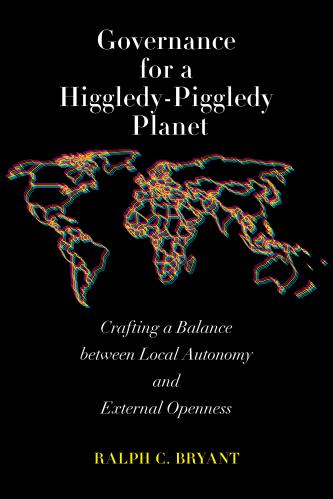



Gary Burtless
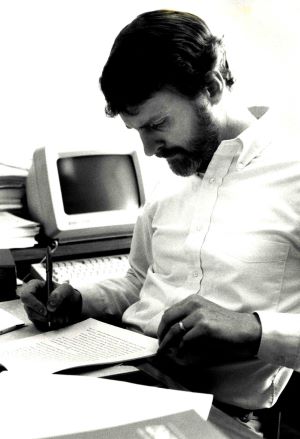
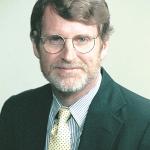 Before coming to Brookings as a research assistant in 1981, Gary Burtless served as an economist in the policy and evaluation offices of the U.S. Secretary of Labor and the U.S. Secretary of Health, Education, and Welfare. He has served as a senior fellow for 40 years, and in that time has served on numerous public and private advisory boards on issues including Social Security, unemployment insurance, and workforce development.
Before coming to Brookings as a research assistant in 1981, Gary Burtless served as an economist in the policy and evaluation offices of the U.S. Secretary of Labor and the U.S. Secretary of Health, Education, and Welfare. He has served as a senior fellow for 40 years, and in that time has served on numerous public and private advisory boards on issues including Social Security, unemployment insurance, and workforce development.
“Gary is an amazing scholar, citizen of Brookings, colleague, friend. As a scholar he is, without a doubt, one of the foremost experts in the world on U.S. and international inequality, aging, retirement, and social security, tax and transfer programs for the poor—including, not just here, but abroad—public assistance and education, training and labor markets, among others.”
Carol Graham
Senior Fellow, Economic Studies
Highlights of Burtless' work at Brookings


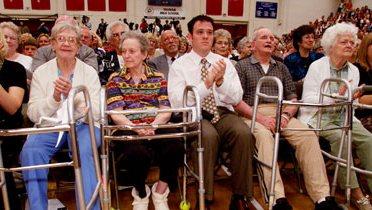

Ron Haskins
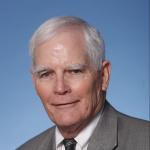 Beginning in 1986, Ron Haskins spent 14 years on the staff of the House Ways and Means Committee and was subsequently appointed to be the senior advisor to President Bush for welfare policy. He joined Brookings 2001 as a senior fellow, and in his tenure has also served as co-director of the Center on Children and Families and senior editor of the Future of Children in partnership with Princeton. In 2016, he was appointed co-chair of the Congressional Commission on Evidence-Based Policymaking.
Beginning in 1986, Ron Haskins spent 14 years on the staff of the House Ways and Means Committee and was subsequently appointed to be the senior advisor to President Bush for welfare policy. He joined Brookings 2001 as a senior fellow, and in his tenure has also served as co-director of the Center on Children and Families and senior editor of the Future of Children in partnership with Princeton. In 2016, he was appointed co-chair of the Congressional Commission on Evidence-Based Policymaking.
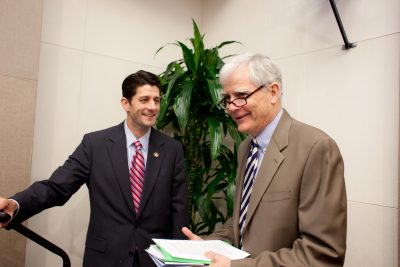
“Ron is the quintessential compassionate conservative. Ron’s a Conservative, but when you talk to him, you know that he’s not an ideologue. And there’s no question that he’s compassionate, that he really cares very deeply about making the lives of poor people better.”
Harry J. Holzer
Nonresident Senior Fellow, Economic Studies
Highlights of Haskins' work at Brookings

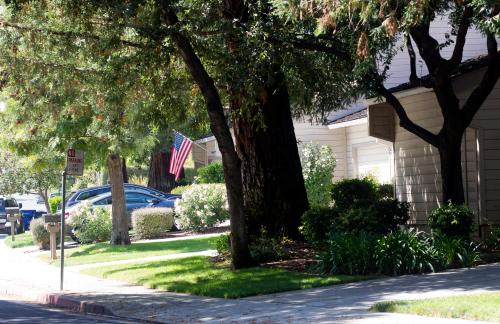


George Perry
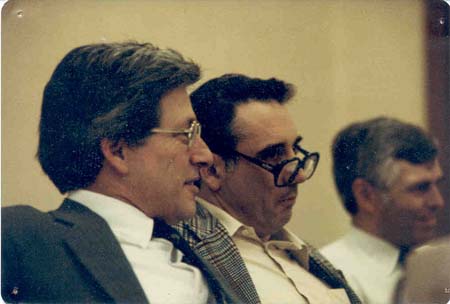
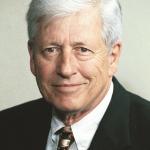 George Perry joined Brookings in 1970 after serving as the senior economist on the President’s Council of Economic Advisors and six years of teaching economics at the University of Minnesota. In his first year at Brookings, he and Arthur Okun founded the Brookings Panel on Economic Activity and its journal, the Brookings Papers on Economic Activity, and Perry served as co-director and editor of the conference from 1980 to 2007.
George Perry joined Brookings in 1970 after serving as the senior economist on the President’s Council of Economic Advisors and six years of teaching economics at the University of Minnesota. In his first year at Brookings, he and Arthur Okun founded the Brookings Panel on Economic Activity and its journal, the Brookings Papers on Economic Activity, and Perry served as co-director and editor of the conference from 1980 to 2007.
“George, among the founders and early editors of BPEA, created an institution that remains relevant and impactful well past the issues they initially debated. The idea of bringing rigorous academic research to bear on current policy questions now confronts issues not even envisioned when they began more than 50 years ago, like climate change and unconventional monetary policy. Yet BPEA still brings together policymakers and researchers grappling with the consequential issues of today and tomorrow.”
Janice Eberly
Co-editor, Brookings Papers
on Economic Activity
Highlights of Perry's work at Brookings

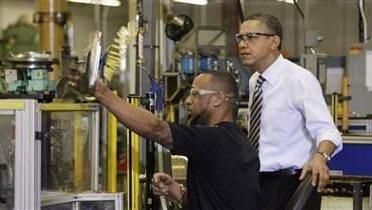

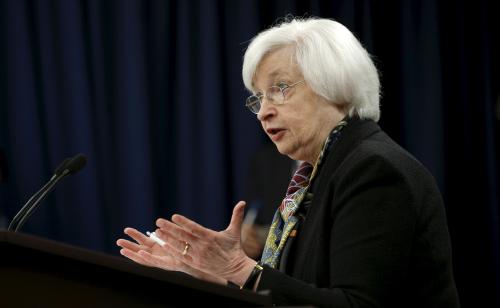
Isabel Sawhill
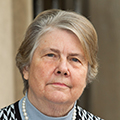 Isabel Sawhill joined Brookings in 1997 and served as vice president and director of the Economic Studies program from 2003 to 2006, then becoming co-director of the Center on Children and Families. Prior to joining Brookings, Sawhill was a senior fellow at The Urban Institute and associate director of the Office of Management and Budget during the Clinton administration.
Isabel Sawhill joined Brookings in 1997 and served as vice president and director of the Economic Studies program from 2003 to 2006, then becoming co-director of the Center on Children and Families. Prior to joining Brookings, Sawhill was a senior fellow at The Urban Institute and associate director of the Office of Management and Budget during the Clinton administration.
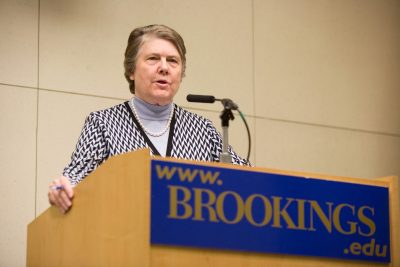
“Belle Sawhill is living proof that the power of a great intellect and an impatience for positive change can really change the world in ways big and also small.”
Richard Reeves
Former Director, Center on
Children and Families
Highlights of Sawhill's work at Brookings

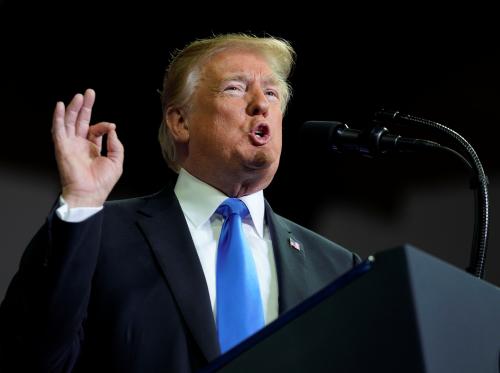


The Brookings Institution is committed to quality, independence, and impact.
We are supported by a diverse array of funders. In line with our values and policies, each Brookings publication represents the sole views of its author(s).


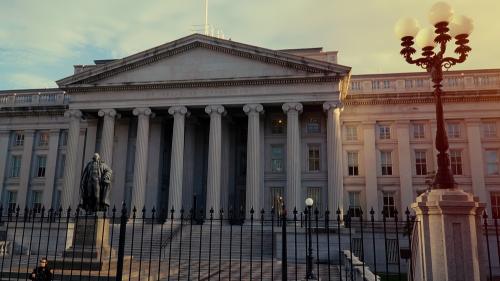
Commentary
Honoring Economic Studies emeritus fellows
April 26, 2024